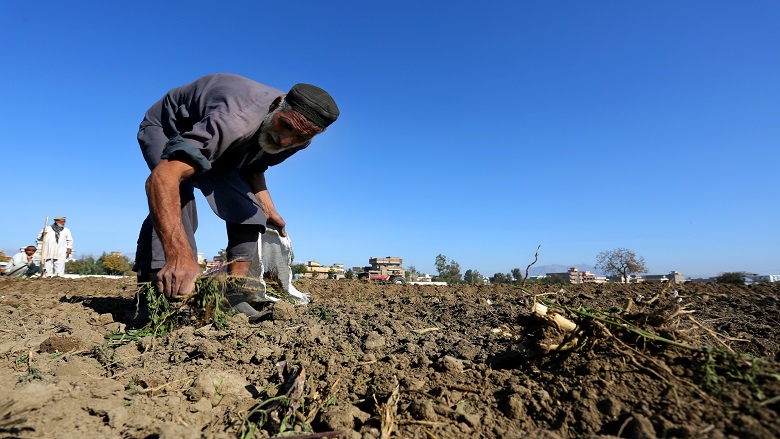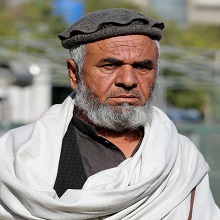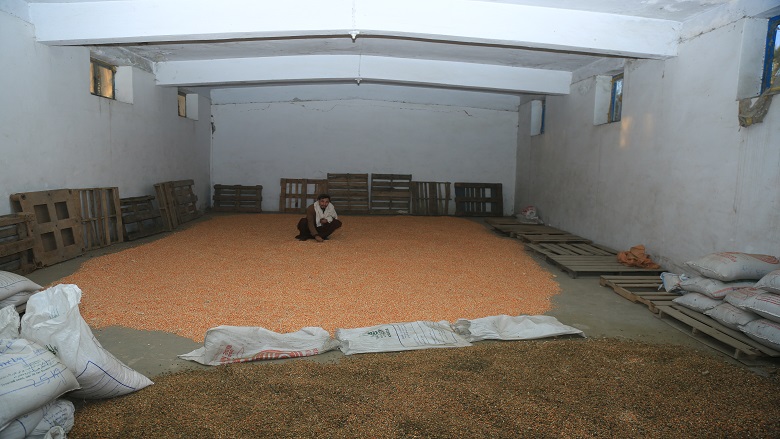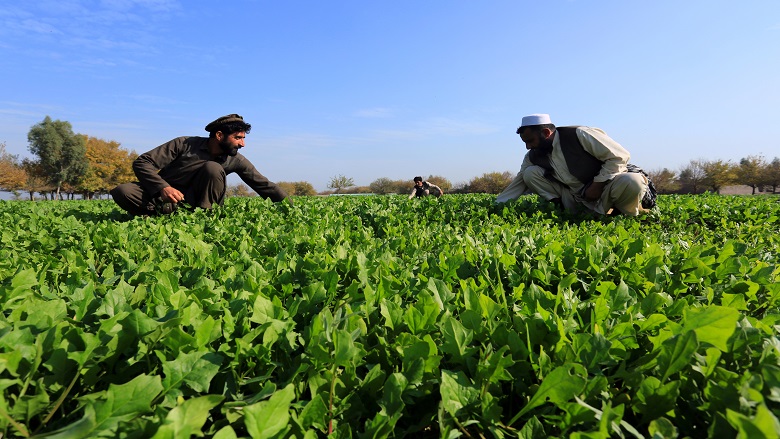JALALABAD CITY, Nangarhar Province – Farmers are ploughing a strip of farmland, preparing for an experiment with a new type of wheat seed. Parts of the land are already cultivated in neat lines. As the tractors furrow the land, they spread the fragrance of wet soil. It is a typical working day at Shesham Bagh research station in Jalalabad, the capital city of the eastern Afghanistan province of Nangarhar.
. “We do research on new seeds to find a suitable and better variety for Nangarhar and other eastern provinces. Up to now, we have had many achievements,” says Gul-Mullah Alokozay, general manager for the Agricultural Research Department in Nangarhar, which is responsible for the station.
Despite its earlier achievements, the lack of funds and technical capacity left the station mired in challenges, e.g., irrigation canals were not paved, the land was not evenly leveled, and there was a lack of farming equipment and proper office building for the station.
Conditions have started to change since the station began receiving technical and financial support through the Afghanistan Agricultural Inputs Project (AAIP) in 2013. .





